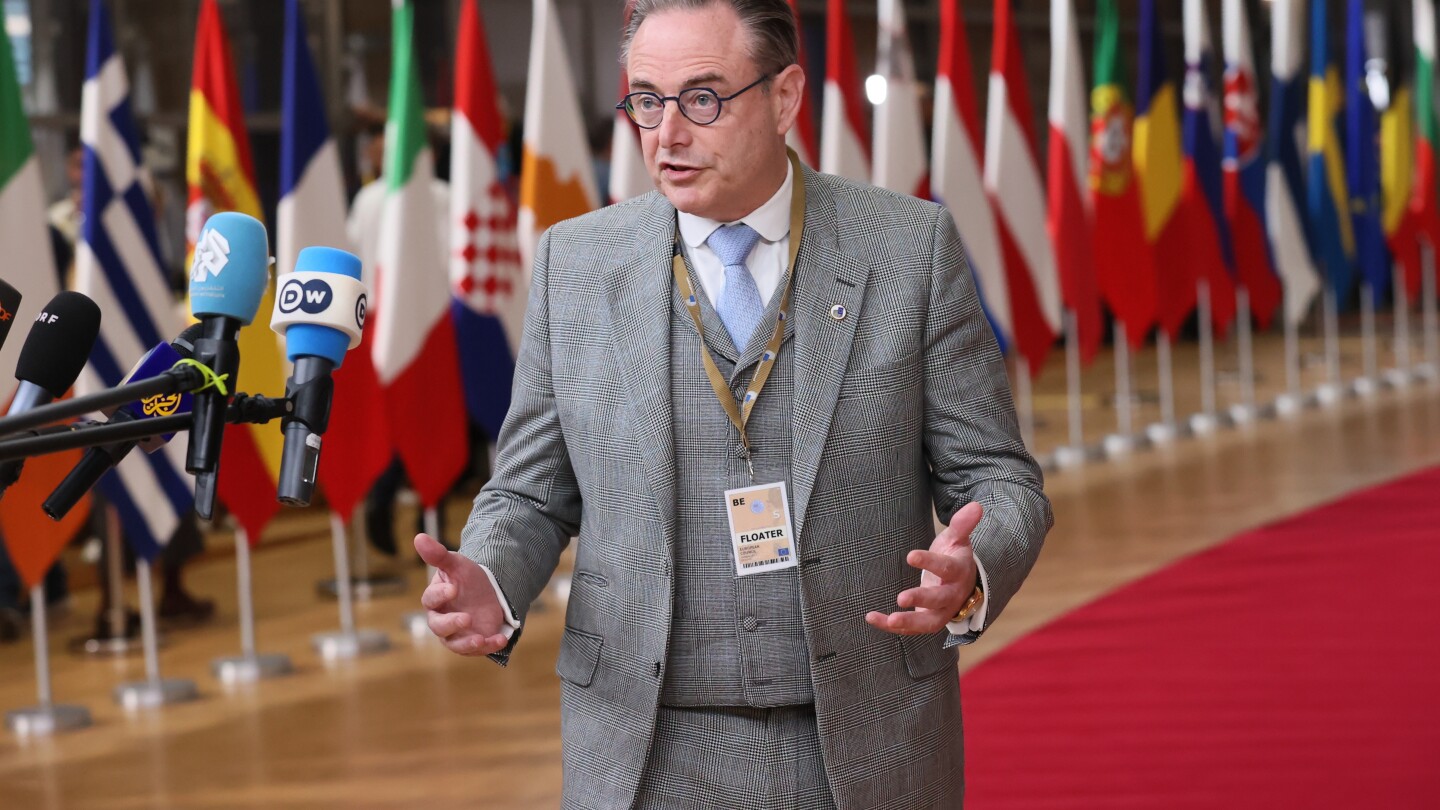URGENT UPDATE: Belgian Prime Minister Bart De Wever has issued a critical warning to European Union partners regarding the use of frozen Russian assets to support Ukraine. During a press conference in Brussels earlier today, De Wever emphasized that if EU nations wish to tap into the approximately $225 billion in frozen assets held in Belgium, they must share the associated risks.
The need for immediate action is underscored by Ukraine’s projected economic and military requirements, which are estimated to reach around $153 billion for 2026 and 2027. The European Commission has been developing a plan to leverage these frozen assets as collateral to secure funding for Ukraine.
De Wever stated, “If we want to give them to Ukraine, we have to do it all together. If not, Russian retaliation might only hit Belgium. That’s not very reasonable.” He cautioned that Belgium, as a smaller nation, could face severe repercussions from Russia, including potential confiscation of Western bank assets and European-owned companies operating in Russia.
The European Commission is proposing a “reparation loan,” allowing EU countries to guarantee a loan of about $165 billion for Ukraine, which Kyiv would repay only if Russia compensates for damages caused by the war. This plan has faced pushback from Russia, with Kremlin spokesman Dmitry Peskov labeling it as “theft” of Russian property.
In response, EU Commission President Ursula von der Leyen defended the initiative, asserting, “We are not confiscating the assets, but we are taking the cash balances for a loan to Ukraine.” She reiterated that accountability lies with Russia, stating, “Russia is the perpetrator. It has caused the damage, and it has to be held accountable.”
De Wever remains skeptical, questioning the legal framework behind the proposal. “I haven’t even seen the legal basis for the decision yet,” he remarked, highlighting the unprecedented nature of this action. “This has never been done. Even during the Second World War, we didn’t do this, so it’s not a detail.”
As the situation develops, all eyes will be on the upcoming EU summit where further discussions will take place. The urgency to find a collaborative approach among EU partners is paramount, as the stakes for Ukraine’s survival and recovery hang in the balance.
